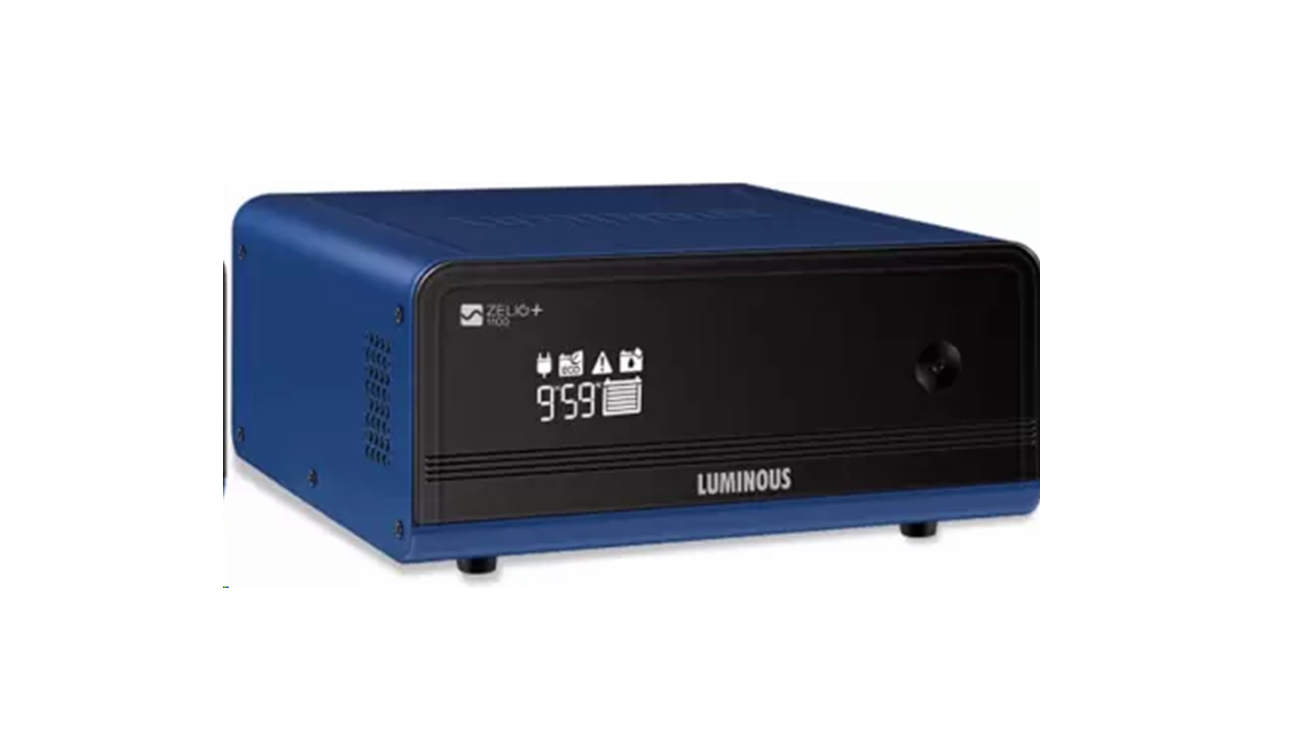Are you planning on buying an inverter for your house but lack the technical knowledge for the same? Do not worry as you are not alone.
Choosing an inverter can be a difficult decision as there are a lot of technicalities associated with it. Selecting the right one can be difficult, but you can read along and learn how to choose the most suitable inverter for your home.
How to Choose the Right Inverter for Home?
The following factors need proper consideration while buying an inverter for your home:
- Power Requirement
You must evaluate your power requirement before buying an inverter.
The basic appliances in your house that will require an inverter are fans, tube lights, televisions, etc. In case of a power failure, you can use them with an inverter.
Generally, they consume the following power:
| Appliances | Wattage |
| Ceiling Fan | 75 |
| Table Fan | 50 |
| Room Cooler | 250 |
| Tubelight | 40 |
| CFL (Heavy) | 30 |
| CFL (Light) | 15 |
| LED Bulb | 09 |
| Juicer/Mixer Grinder | 800 |
| Toaster | 800 |
| Refrigerator (upto 500L) | 500 |
| Refrigerator (upto 200L) | 300 |
| Microwave Oven | 1500 |
| Vacuum Cleaner | 1400 |
| Washing Machine | 1000 |
| Geyser / Water Heater | 2100 |
| Room Heater | 2000 |
| Laptop | 100 |
| Desktop Computer | 200 |
| LED TV | 100 |
| DTH | 50 |
| Home Theater System | 300 |
| AC (1 Ton, 3 star) | 1200 |
| AC (1.5 Ton, 3 star) | 1700 |
| AC (2 Ton, 3 star) | 2300 |
| Inverter AC (1 Ton, 5 Start) | 1100 |
| Inverter AC (1.5 Ton, 5 Start) | 1600 |
| Inverter AC (2 Ton, 5 Start) | 2100 |
You can calculate accordingly and opt for the inverter that falls in that criteria.
Moreover, you will have to figure out the average running load of the inverter. This is mainly 50-70% of the peak load.
- Capacity of the Inverter
The inverters available are rated in VA terminologies. Generally, home inverters carry a capacity of 600VA-1500VA.
You can divide the peak load with the power factor to determine the total load in watt into VA capacity.
On a general basis, inverters can operate at 0.8pf. In other words, an inverter with 800 VA will be suitable to fulfill your home requirements.
- Battery Capacity
The battery is essential as it runs an inverter system. It determines its efficiency and durability. The battery capacity is mostly denoted in Ah (Ampere hours).
Most of the inverters carry the capacity of 100Ah, 150Ah, 180Ah, etc.
It can be calculated by multiplying the power requirement by the backup hours and dividing it by battery voltage.
On average, an inverter with a 130Ah or 150Ah battery will work fine.
- Battery Selection
There are several options for batteries, like lead-acid, flat plat, etc. Out of all the options, you must go for a tubular battery. Not only is it highly efficient, but it also carries greater electrical capacity.
- Output of the Inverter
There are several kinds of inverter output ranges, like a pure sine wave, quasi sine wave, or square wave.
Out of all, you must get the inverter with a pure sine wave. This is beneficial for running sensitive electrical appliances like washing machines, tv, mixer grinders. Etc. If you wish to use the inverter for fans and tube lights, get the square wave inverters.
We hope that you are aware of the factors to look into while buying an inverter. If you wish to purchase an inverter online but are apprehensive of the authenticity, check out the list of the best inverter in India by makeachoice.in. Not only do they have a best product collection, but they are also available at reasonable prices.
Select the one that fits your requirements and budget and bid farewell to sudden power failures!


